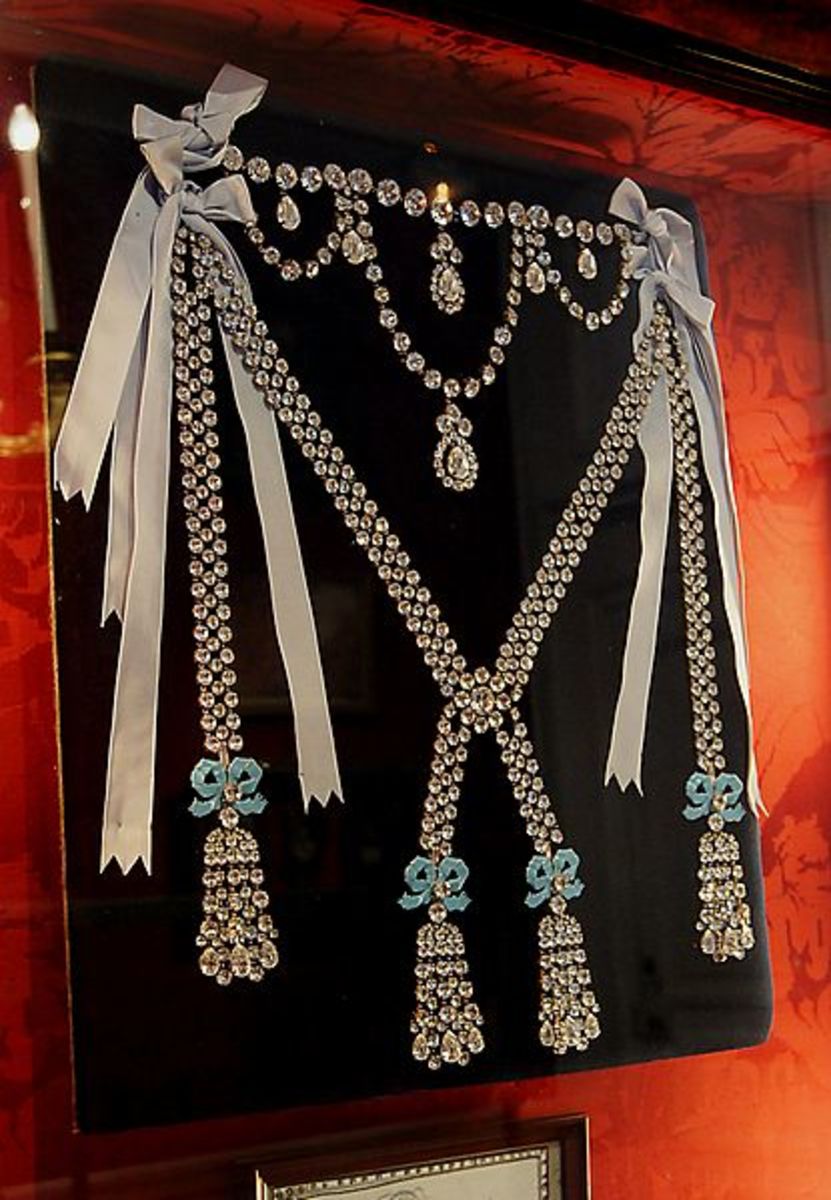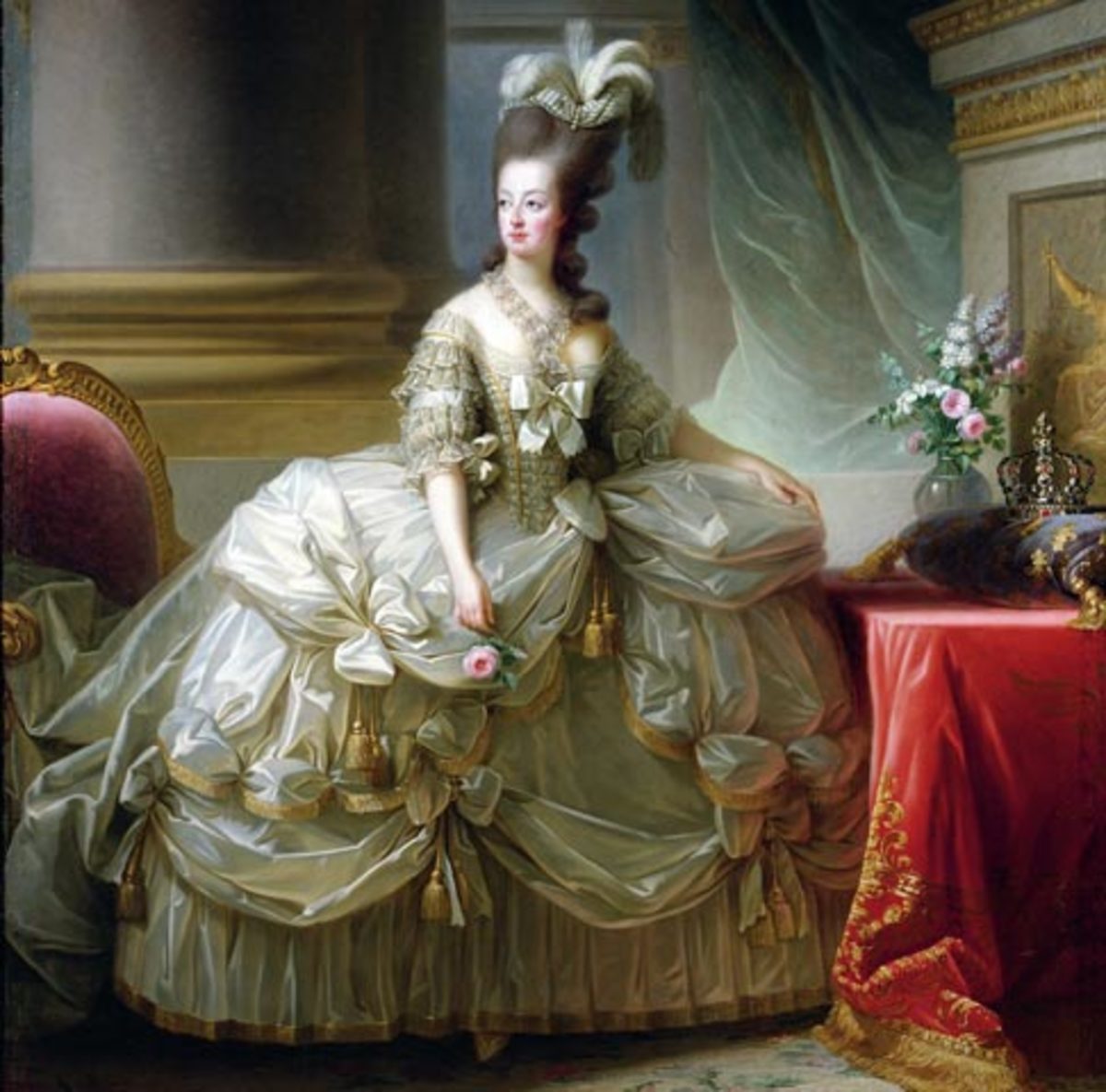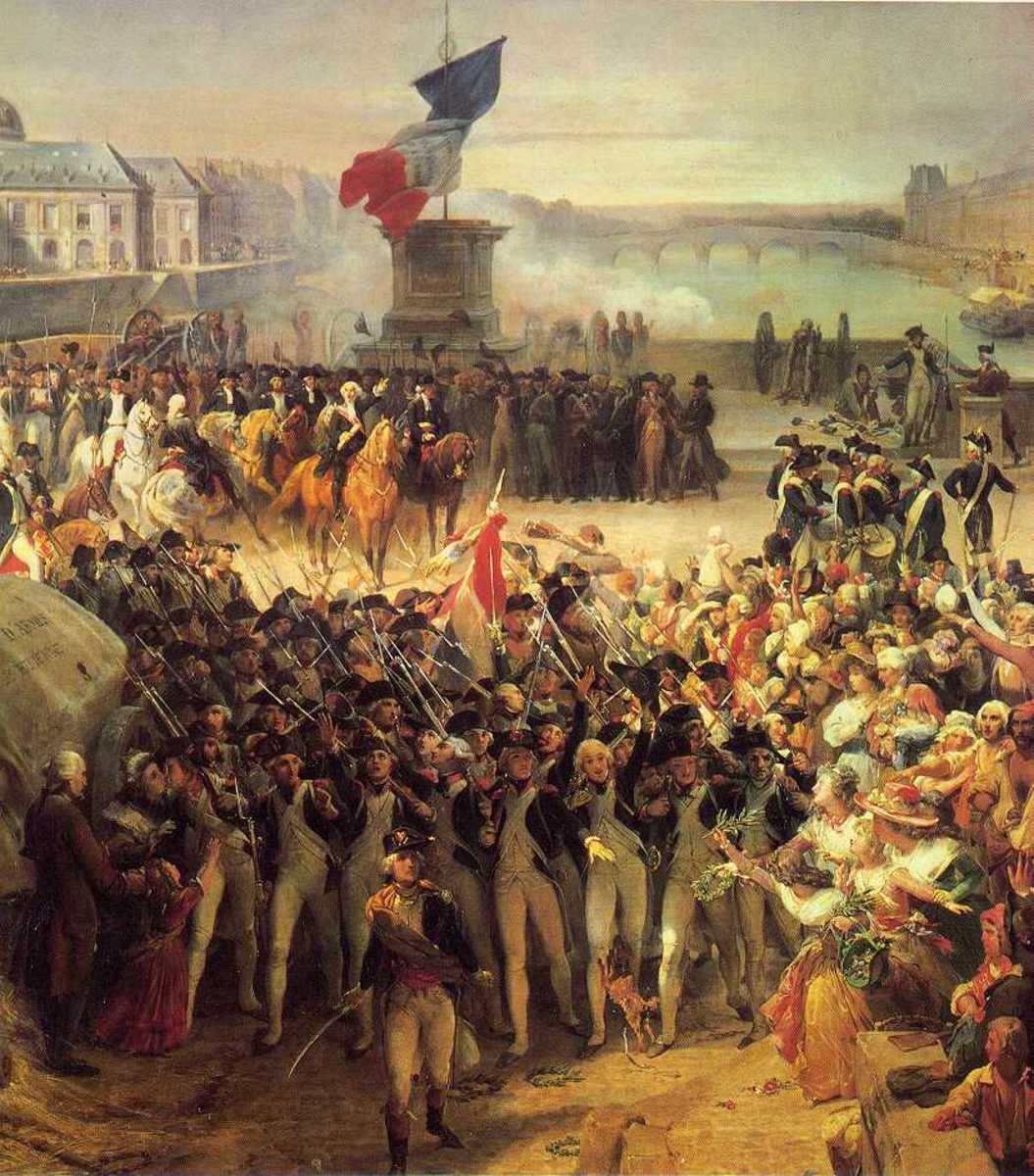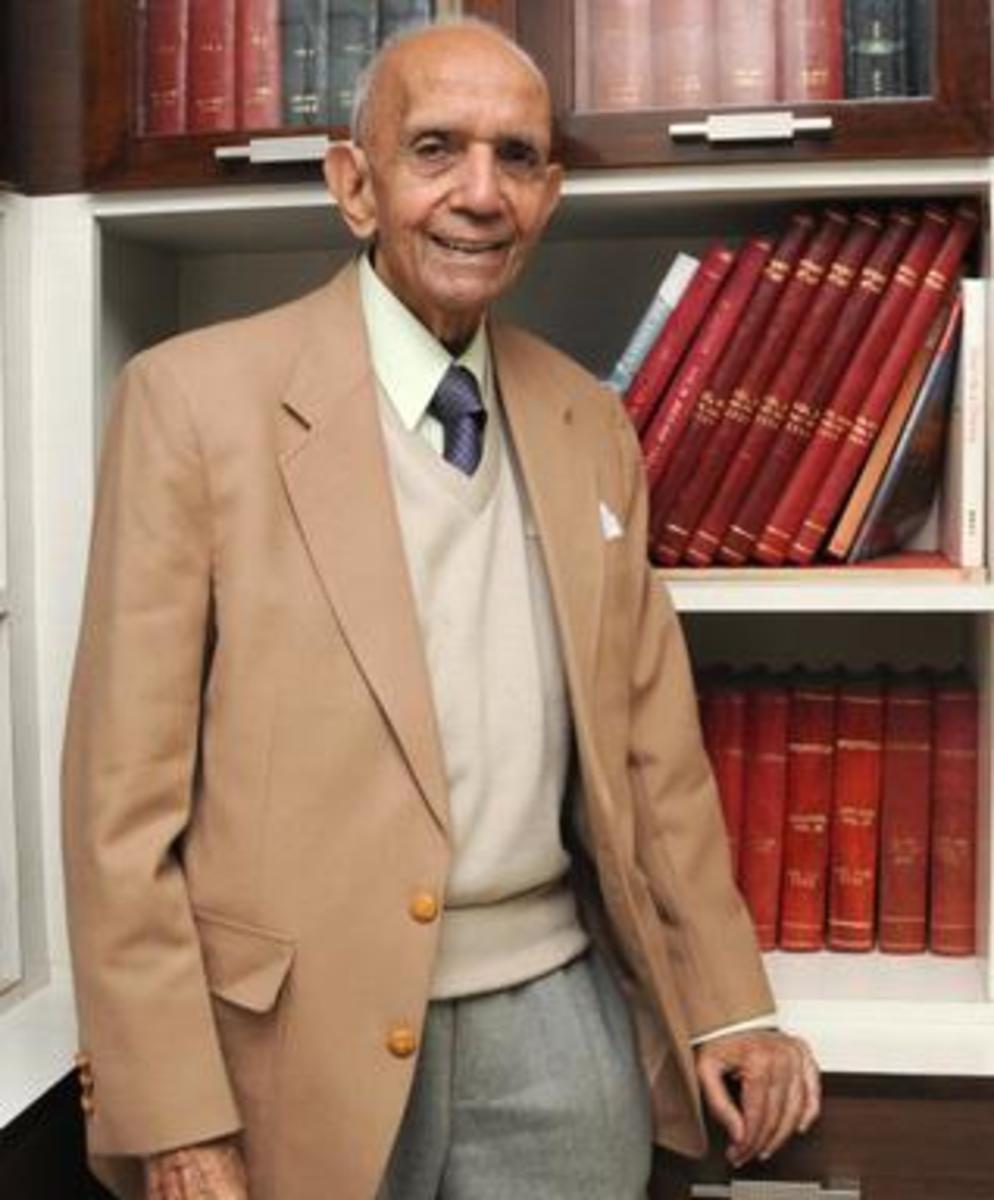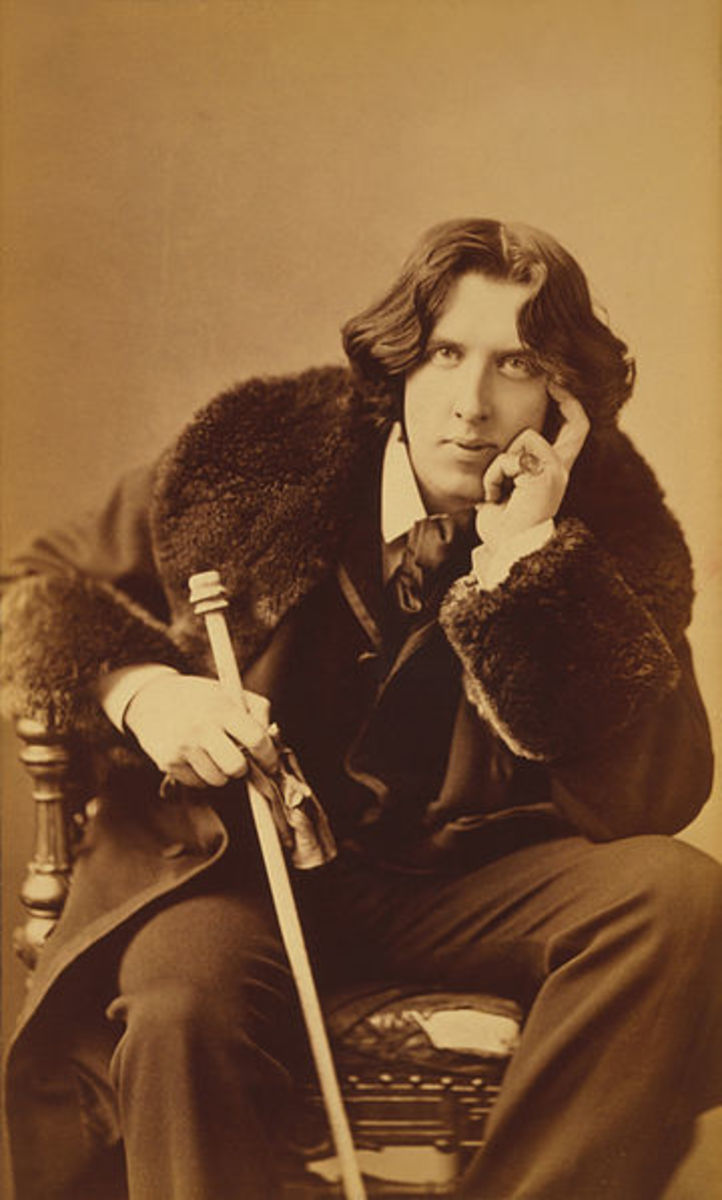Historical Characters We Love to Hate
The power of the pen is very strong. It can create an image of someone that might or might not be true. As writers take to paper (or keyboard in today’s age), they paint a picture of an individual that readers absorb.
Over the years, other authors see the fun in creating such an image of the individual as well as the passionate response of the readers. They begin to imitate. The result is an image of an individual that isn’t quite right historically. Writers can help readers enjoy hating certain historical characters that might not be so deserving of such intense emotion.
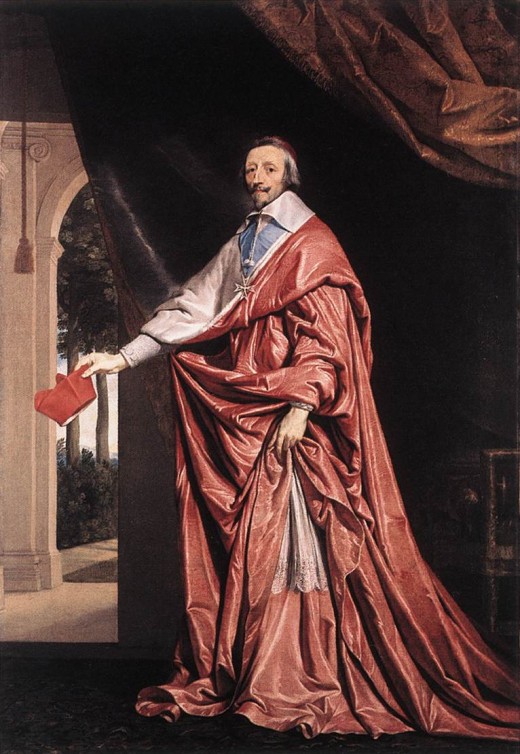
Cardinal Richelieu
Thanks to Alexander Dumas, we all enjoy hating the evil Cardinal Richelieu. But was he as evil as he is portrayed? History says that Dumas might have given the religious and political leader a bad rap.
What do we know of this famous cardinal? According to the books we have read, he is an evil man bent on taking over France, have the king murdered and intent on seducing the queen. From all accounts of the times, he was nothing like that.
Yes, the man was ambitious. He rose fast and even though his political journey was fraught with stumbling blocks and brickwalls, he found a way. Never was he implicated in a plot to kill the king. In fact, he is known as one of the greatest political negotiators in history. Through him, France was able to rise in power and prominence.
Yet the power of a writer has all the world thinking Cardinal Richelieu was in league with the devil. And we love him painted that way.
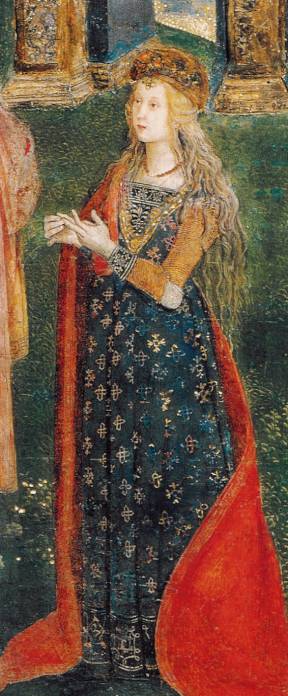
Lucretia Borgia
Who is this infamous woman? According to the stories written about her down through the ages, this daughter of a pope was a black widow who willing took men into her bed as she stabbed them in the back (or poisoned them). Yet a careful study of history reveals that this woman might have been the innocent pawn of her father and brothers and the scapegoat her father’s opponents used. The result is the image of a notorious woman who used her body to deceive and murder.
As the daughter of a powerful man, Lucretia was at the mercy of the man-ruled world. She had to marry the man her father chose. That also meant that if her father, the Pope, decided the marriage was not advantageous, he could annul it and find another man for her. From man to man she was passed all on the political whim of her father. The one man she fell in love with was found dead supposedly at the hand of her brother.
Rumors of her selling her soul to the devil and her incestous relationship with her brother were used to slander the Pope and bring him down from power. As the power of the pen grew in the hands of her father’s rivals so did her horrible reputation. Today her name is synonymous with loose evil women while history shows her as an innocent pawn tossed about by the waves of political moods.
The power of words is so underrated especially that of the written word. It can take innocent people and turn them into characters used by generations of writers in the most vile roles. From innocent to guilty with a swipe of the pen! But we’ll still love to hate them.
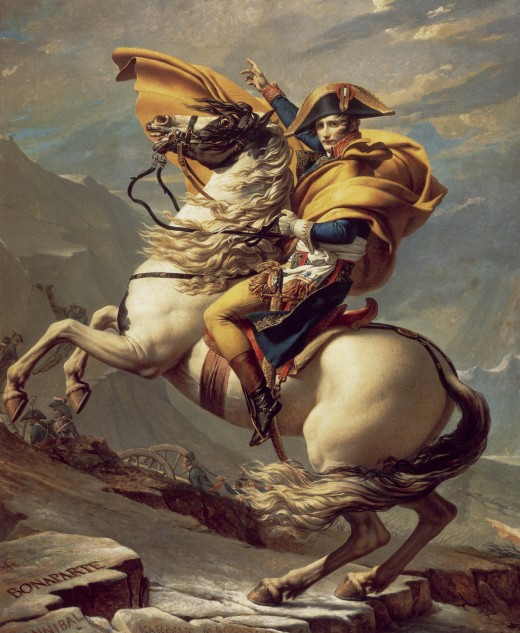
Napoleon
Napoleon has been depicted as one who has a special place in hell. He is seen to equal Hitler in level of evil. Was he really that bad? Let's take a quick look.
Napoleon was a general in the French army. He was not French, but he fought with the French and aided in the French Revolution. From there, he grew in power and name until he managed to take over all of France as a military dictator which was still just a step to something greater in his mind. The next step was Emperor and power over the people.
He quickly became a dictator who did not tolerate opposition. He took control of everything and refused to tolerate any voice that criticized him. That meant government and press were monitored closely and strong armed to do as he wanted. It became a true dictatorship under Napoleon.
Why was he so evil? Because he took over a nation and let his arrogance and pride coupled with his greed hurt the people of his own nation.
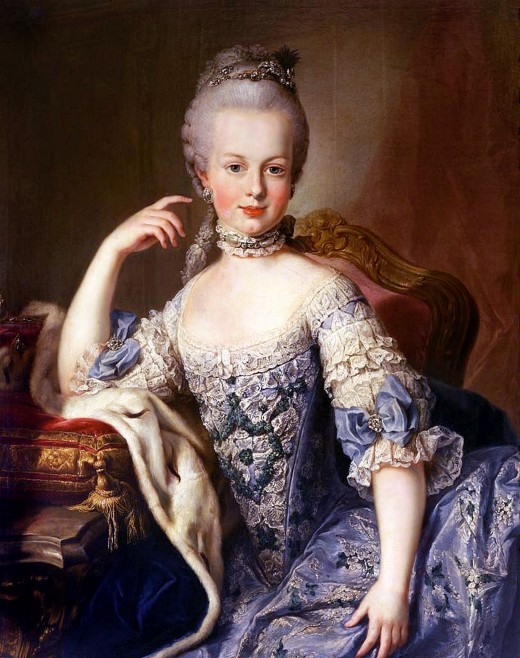
Marie Antoinette
Here is one woman that history has horribly maligned. When we hear her name, we think of a vain woman who wanted the peasants to eat cake while the royalty feasted on healthier food and more abundant food. Oh, how our enemies can ruin us for centuries!
Remember Lucretia Borgia up above? History views her with disdain because of her father's enemies. She was a pawn and received the bad historical image. We don't remember her father's name, but we remember her. The same can be said about Marie Antoinette. Who was her husband? King....Louis? Which one? We just shrug. We do know she was the queen of France and was beheaded because she ticked the common folk off.
Marie Antoinette gets a bad rap. First off, she did not utter those words. Those words had been applied to other rulers long before she was even born. This was the default cry to make rulers look back and agitate the masses to rise up in anger against them. Yes, the situation in France was bad, but too much was laid to blame on a young girl who had no idea how to handle the situation and save lives.
Benedict Arnold
For Americans, this name comes with a bad taste in our mouths. He is the ultimate in betrayal. An American military commander, he betrayed the colonists to the British during the American Revolution. Because of that act, his name has become synonymous with traitor.
Benedict Arnold was a man who wanted to protect his country. He didn't see how they could win. He also didn't want his military school to fall, West Point. So he gave it over to the British. While he might have had good intentions, no one in America sympathized with him. He became an outcast and fled to England where he was treated as a leper.
Yes, he did betray his country. Yes, he did do something horrible, but the hatred toward him completely misses the purpose behind his act.

